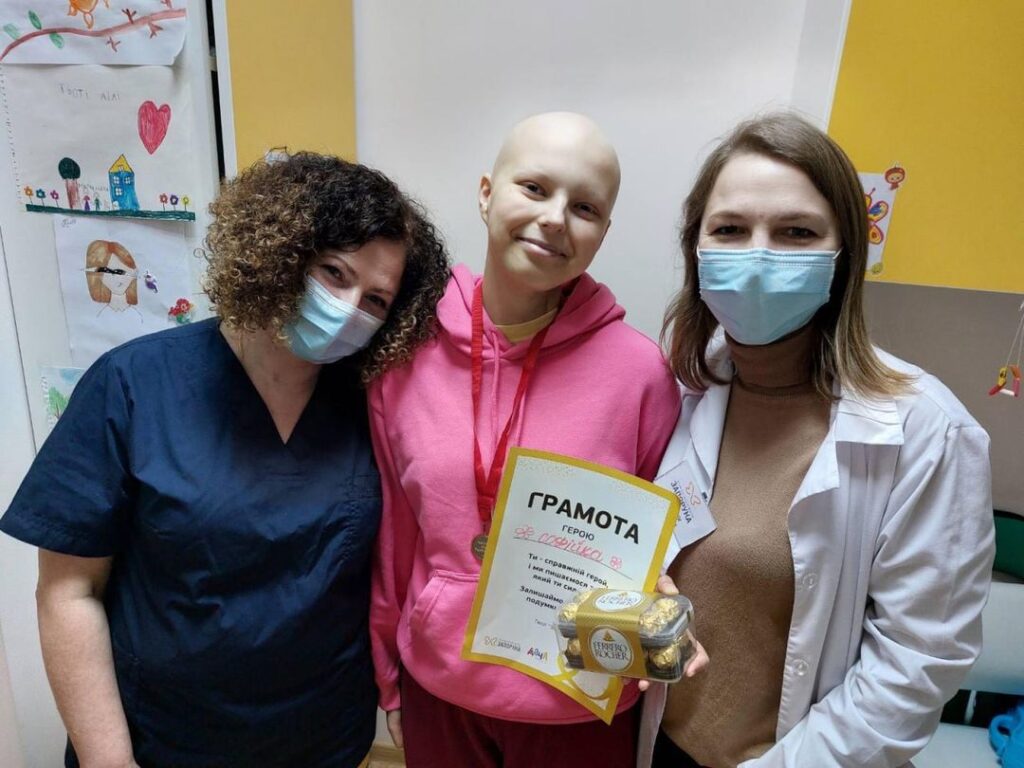Support from family and internal motivation Two main conditions for successful rehabilitation of a child
Otherwise, it will be extremely difficult for her to go through a long, exhausting and painful path to a "normal" life.
So, moms and dads, sisters and brothers, grandparents, and those who will take on the responsibility of being there throughout the process, here is the “base” you should remember.
- Support from loved ones and internal motivation are the two main conditions for a child's successful physical rehabilitation. Otherwise, it will be extremely difficult for them to go through the long, exhausting and painful path to a "normal" life.
So, moms and dads, sisters and brothers, grandparents, and those who will take on the responsibility of being there throughout the process, here is the “base” you should remember.
Set yourself up for victory. Turn off pity, turn on restrained optimism.
Be patient. A psychologist who is part of the rehabilitation team can help with this (yes, there are special and very effective tips and exercises, including "how to control yourself")
Trust the team of specialists. Stay in touch with them. Don't be shy - ask everything that interests you (on the topic, of course)
Realize that you are part of the team, so be active. However, remember that the doctor is the main one here, so you should not give advice on terms and rehabilitation exercises. Leave it to the professionals.
Find out how to properly care for the “patient”, what to feed, what comfortable clothes and shoes to prepare.
Create a pleasant atmosphere. Let the child be surrounded by pleasant things: a favorite cup, a family photo, drawings of friends.
Try not to talk about the illness, but about everyday things: interesting films, books, cartoons. Dream together, make plans for the future, remember the best moments of your life. Make jokes.
Don’t do everything for the child! Yes, you will really want to do this, but “no”! She should feel like a person who is believed to be able to cope.
Don’t criticize! This will make the child lower her wings.
Encourage and encourage: “You’re doing well. Don’t worry. Doing such exercises is not so easy. But nothing - it didn't work out today, we'll try again tomorrow. I'm sure you'll succeed."
That's it!
Read more about:
Activity
- Be patient. A psychologist who is a member of the rehabilitation team will be able to help you with this (yes, there are special and very effective tips and exercises, including "how to keep yourself in check")
- Trust the team of specialists. Keep in touch with them. Don't be shy - ask everything you are interested in (on the topic, of course)
- Realize that you are part of the team, so be active. However, remember that the doctor is in charge, so you should not give advice on timing and rehabilitation exercises. Leave it to the professionals.
- Learn how to properly care for a "patient," what to feed them, and what comfortable clothes and shoes to prepare.
- Create a pleasant atmosphere. Let the child be surrounded by pleasant things: a favorite cup, a family photo, drawings of friends.
- Try not to talk about the disease, but about everyday things: interesting movies, books, cartoons. Dream together, make plans for the future, recall the best moments of your life. Make jokes.
- Do not do everything for the child! Yes, you will really want to, but no! She needs to feel like a person in whom they believe she can cope.
- Don't criticize! It will make the child lower his wings.
- Encourage and encourage: "You're doing great. Don't worry. It's not easy to do these exercises. But it's okay - it didn't work out today, we'll try again tomorrow. I am sure you will succeed."
That's the only way!
Psychological support hotline fromPledges» the number 0 800 4000 23 is available:
- free
- throughout the territory of Ukraine
- from all mobile operators
- for calls from abroad +38 050 493 03 07
Our page in Facebook

